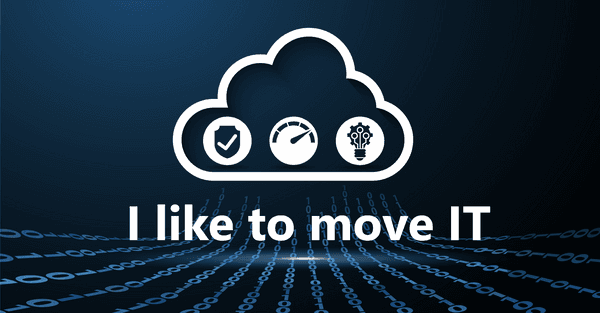
Switching to software-as-a-service solutions means adopting a digital culture for the entire organization. This forms the basis for the automation of routine operations as well as the creativity of your staff. The use of artificial intelligence, analytics applications or automation with software robots makes the company more appealing to employees and business partners. It changes the way people collaborate and potentiates know-how within the company.

Work worth doing
Digital culture begins to take hold the moment Management decides to implement software-as-a-service. Because from this point on, all IT systems are consistently at the leading edge of technology. Employees are provided with functions and software in the same way that they're used to obtaining them from their smartphones, for example – once a new function becomes available, it is immediately installed and enabled for use.
This presents a major opportunity to connect and interlink and reorganize human abilities with the advantages of automation. In the new corporate culture, people are responsible for highly specialized and value-creating work. The computer's job is to use artificial intelligence or machine learning to perform complicated calculations, i.e. providing an overview of the relationships between Logistics and Production.
Change management in the company
Algorithms structure the company's data into information and knowledge. So one of the main advantages of working with innovative technologies is the ability to gain insight from an analysis. The digital culture provides an environment in which the staff and the organization can continuously deepen their knowledge and expertise. This has a direct impact on the success of the organization.
Compared to working with outdated legacy systems, this is a real quantum leap. Previous systems did not allow employees to use their creativity and placed huge limitations on the way they work.
This digital culture doesn't just make a company more attractive to its existing staff. Job applicants are looking for employers who can offer them a high tech, digitalized environment. Attracting and accommodating tech-loving and digitally experienced recruits is becoming a major aspect of change management for companies undergoing digitalization.
A digital footprint for everyone
The new culture grants employees ample freedom to do more than just work with digital tools. It lets them develop and realize their own digital ambitions within the organization. The way the company benefits is that specialists in each department are able to apply their experience to make process flows better, faster, more digitalized and more effective.
To help them do it, cloud service providers equip users with "lowcode" or "nocode" tools-as-a-service. This enables everyone in the company to examine and analyze process flows and make specific recommendations for improvement – thus leaving their own digital mark on the organization.
Keywords
More similar blogposts:
Found what you were looking for?
Start your intelligent search now


